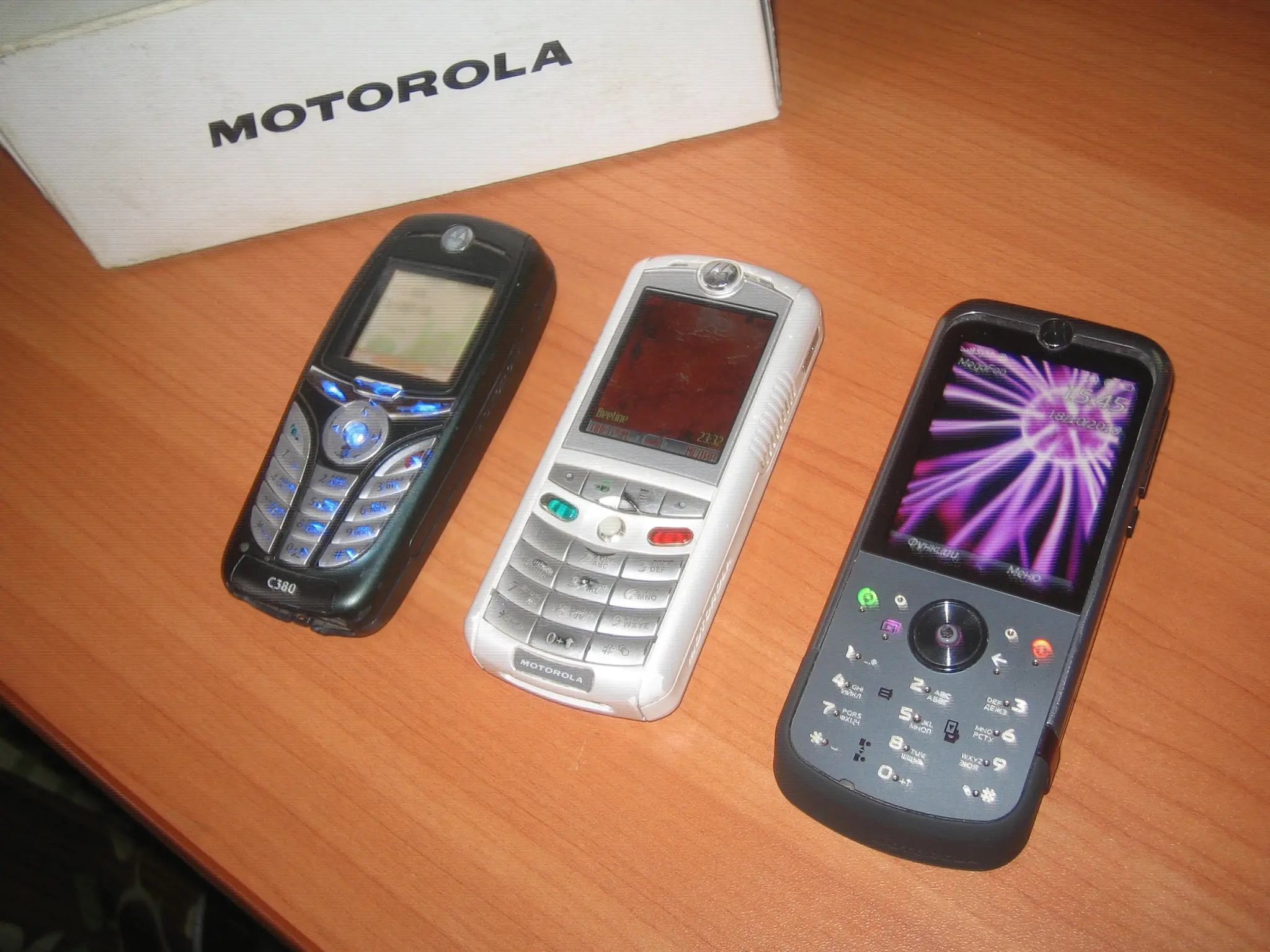

Good point! I wonder if we’re spoiled by computer invention though. Would be interesting to compare preWW2 invention rates and now. I suspect computers just made everything else easier, but now we’re back to hard problems


Good point! I wonder if we’re spoiled by computer invention though. Would be interesting to compare preWW2 invention rates and now. I suspect computers just made everything else easier, but now we’re back to hard problems


To be fair, there’s only been 24 year’s of 21 century. Most things you gave listed happened at the end of the 20th century. But also the question is somewhat self negating - we won’t know what’s the greatest invention until we see it working great, but it takes much more than 24 years to take an invention from concept to consumption. For example computational biology is kicking off. Computer aided dna generation started in the past 24 years. But it’s so new few people think about it. Just like no one thought of internet as the greatest invention in the 70s… it was just too new


deleted by creator


Centralization is likely the unintended end result of the internet. Consider a mesh network where all the links have even throughput. Now suddenly one node has some content that goes viral. Everyone wants to access that data. Suddenly that node needs to support a link that’s much wider because everyone’s requests accumulate there.
Someone goes and upgrades that link. Well now they can serve many more other nodes so they start advertising to put others’ viral information on the node with larger link.


Certainly - and there still are those channels that we all love for their dedication. But there are a lot more mediocre channels too


You bring a great point I hadn’t considered before. Only people with passion for something will do it for free while many more people with so that for cash. Though it’s interesting to see that cash doesn’t make passionate people’s content better it just makes more mediocre content.


Gentoo. It makes me feel like I’m in full control of my system.
My friend, let me tell you a story during my studies when I had to help someone find a bug in their 1383-line long main() in C… on the other hand I think Ill spare you from the gruesome details, but it took me 30 hours.
The Test part of TDD isn’t meant to encompass your whole need before developing the application. It’s function-by function based. It also forces you to not have giant functions. Let’s say you’re making a compiler. First you need to parse text. Idk what language structure we are doing yet but first we need to tokenize our steam. You write a test that inputs hello world into your tokenizer then expects two tokens back. You start implementing your tokenizer. Repeat for parser. Then you realize you need to tokenize numbers too. So you go back and make a token test for numbers.
So you don’t need to make all the tests ahead of time. You just expand at the smallest test possible.
On regular desktop environments I really like Guake - it’s a drop down terminal emulator similar to how old games used to do it. It’s nice for quick use here and there. Though these days I just run tilling wm with xfce-terminal. It gets the job done and still looks good.


What are you talking about? Modern phones are all just slightly different to be incompatible with what you’re talking about.


My first thought is Cingular Wireless


I see your edit but in case you’re interested - a capacitor is technically a 0 resistance battery for DC.


I miss the times when different phones had character. Even phones of the same company looked completely different:

Now it’s just the same rectangle stretched different ways and maybe different color sides.


I like the concept of IR blaster but the one I had was in Samsung Galaxy s6 (or 5 don’t remember) and it came paired with a HORRIBLE app that tried to do its darnest to datamine your viewing habits and it’d do push notifications 5 times per day with just crappy ads. I really hate all the ad spam on Samsung phones back then. Idk if that’s still the case


What was that about him doing twitter’s technology policing and leaving running the company to the new CEO?


Your own article says it’s VMs. The tpm itself can be bricked. Ok that sucks. Still not persistent like you describe.


I haven’t worked directly on gov cloud but I’m familiar with its design. The two systems are completely isolated from each other with internet in between. I know you can port forward in AWS so a solution would be to spin up a VPN server in AWS and connect to it from gov cloud.


No they don’t. Worst case known attacks have resulted in insecure keys being generated. And even if malware could somehow be transferred out of it you wouldn’t have to trash your whole computer - just unplug the TPM
Yup, I’ve been plagued by this bug for a long time. I’m very excited to use this!